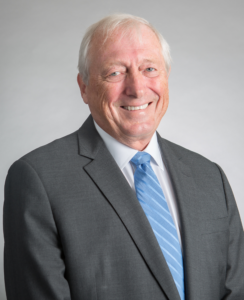https://www.yukon-news.com/
What would you like the Yukon government to spend $35.5 million on? Perhaps more nurses at the hospital? Some green power plants to fight climate change? Affordable housing? More front-line teachers?
Well, never mind. Judging from Yukon Zinc’s bankruptcy case, it looks like the government will be spending it cleaning up another abandoned mine. This case is particularly troubling. First, it’s recent. The mine opened in 2012. Unlike Faro, we can’t blame this one on 1960s-era mining techniques and long-dead mining executives and regulators.
Second, it’s on the Yukon’s tab. Devolution meant gaining authority over our own resources. It also meant that we would be on the hook for mining mishaps authorized by the Yukon government. The Yukon government is already going into deeper debt each fiscal year, and a $35.5 million hit will have to come out of the hide of other public programs.























